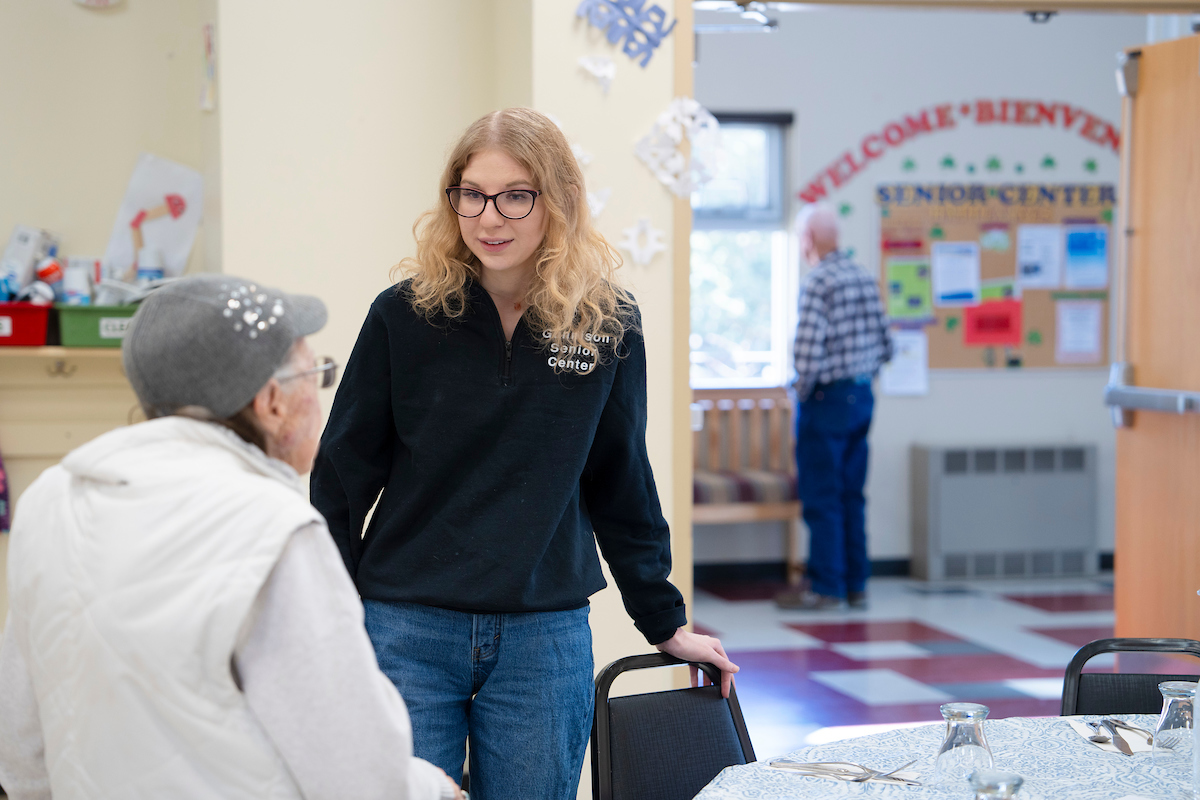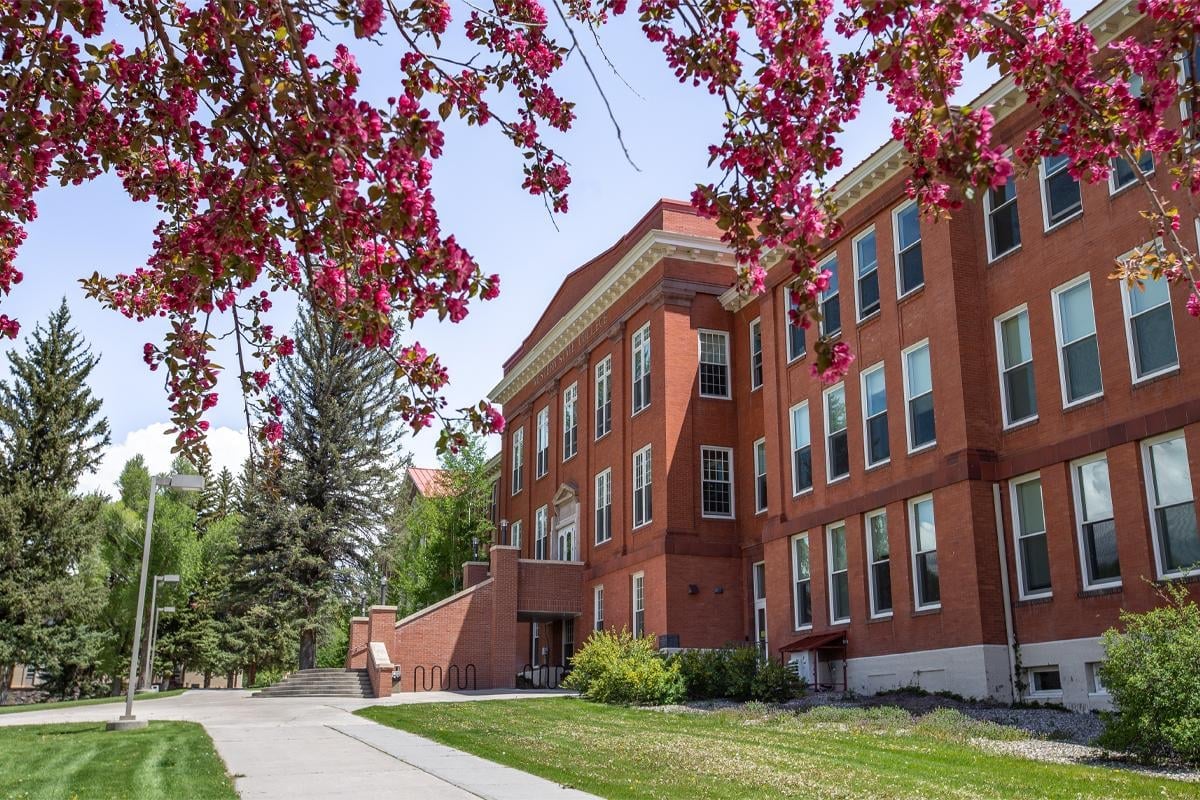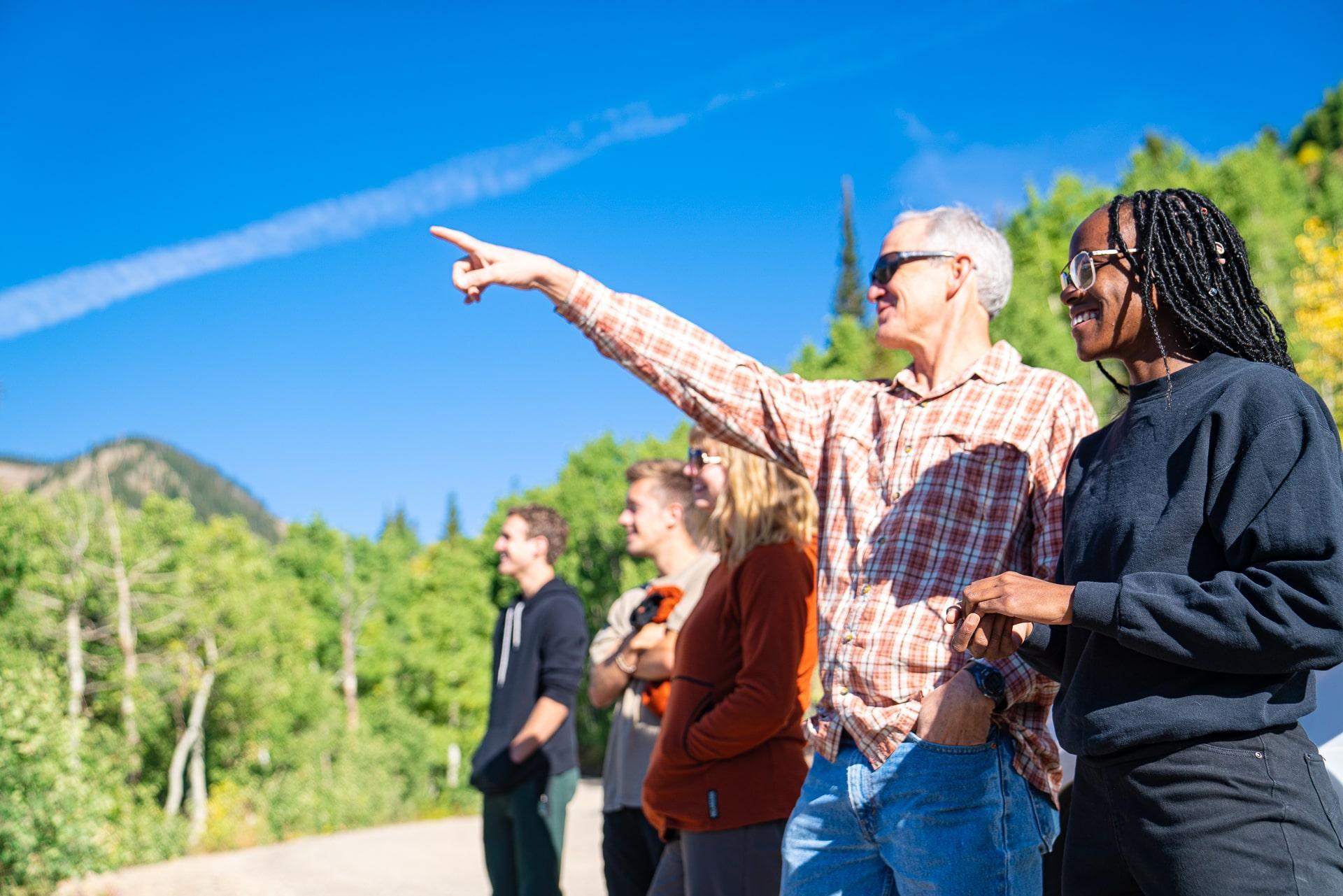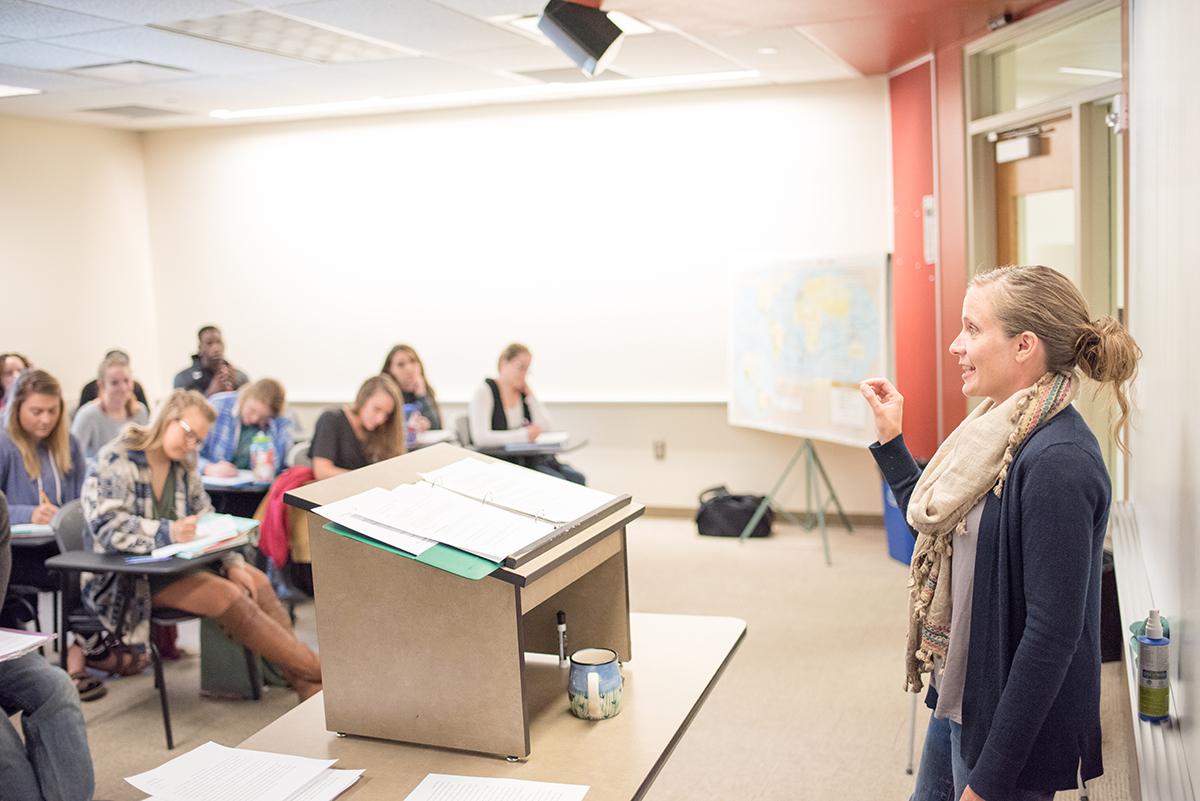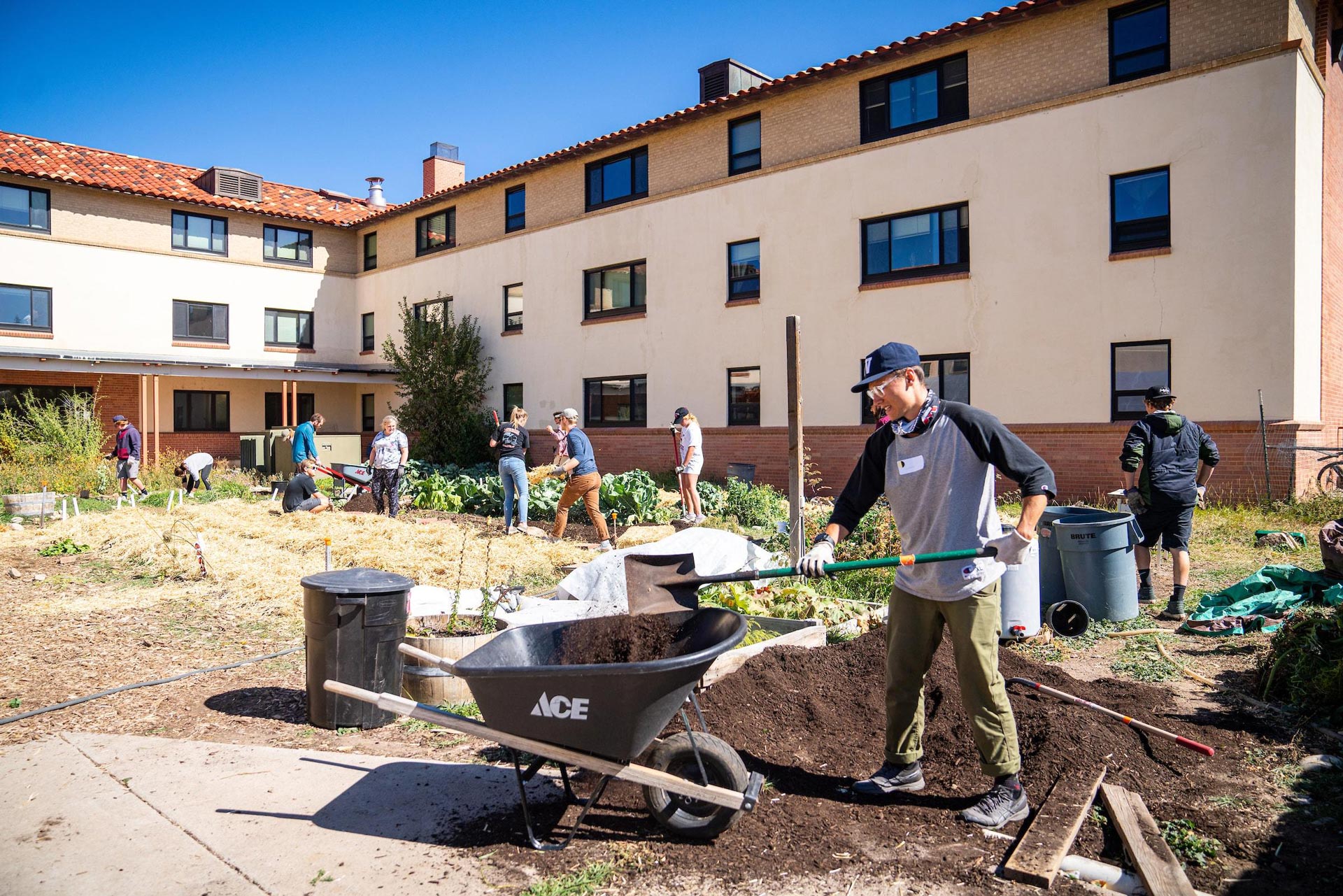
Behavioral Science
Part of: Master of Behavioral Science, School of Graduate Studies
Offered as: Master's
Degree: Master of Behavioral Science
Related Areas of Study: Restorative Facilitation
Focus Your MBS to Match Your Passion
In the MBS, you can tailor your experience by choosing a focus area that aligns with your career goals. Whether you're drawn to advancing health initiatives for undeserved populations or ready to help folks through a career in counseling, our programs will set you up for success.
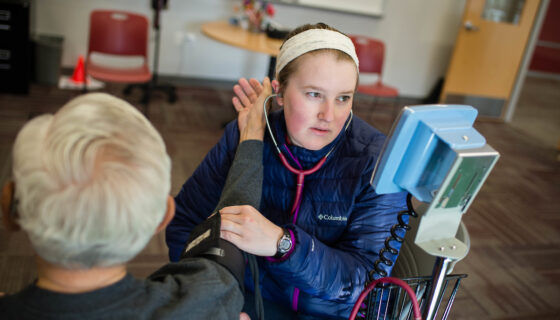
Rural Community Health Concentration
The 39-credit Rural Community Health curriculum combines core courses in community health, research methods, and health disparities with electives in areas like program evaluation, trauma, and health psychology. This concentration is designed for those committed to serving communities impacted by health inequities.

Community Counseling Concentration
Students in the Community Counseling concentration study both clinical and non-clinical approaches to mental health and well-being. This 48-credit program builds skills in counseling theory, ethics, motivational interviewing, and multicultural competency. Those seeking clinical licensure can take additional courses to qualify for the Licensed Addiction Counseling exam.
Areas of Study
Admissions, Cost & Requirements
How To Apply
We are so excited about your interest in applying to the Master of Behavioral Science! Please take a moment to review the requirements and deadlines before accessing the application. If you have any questions about the application process, don’t hesistate to reach out.
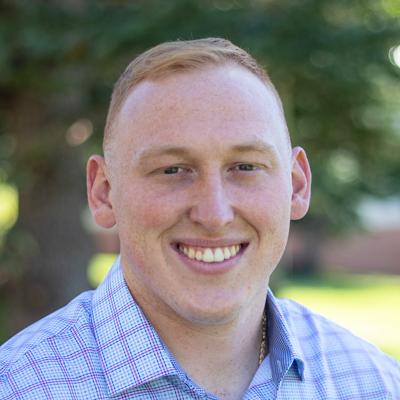
Top Skills
Career Pathways
Scholarships, Fellowships & Financial Aid
MBS Scholarships & Fellowships
To help make schooling more affordable, Western’s MBS program offers scholarships to incoming graduate students and fellowships for current students. Awards are competitive and granted to qualified students for one academic year, applied in two installments during the fall and spring semesters.
School of Graduate Studies Financial Aid & Scholarships
Graduate students at Western receive financial support from a variety of sources, including personal savings, loans, scholarships, fellowships and graduate assistantships. Learn more ways to offset these costs through financial aid opportunities.
Faculty & Staff
Matt Aronson, PhD
Professor of Sociology
Kari Commerford, MA
Lecturer in Psychology
Philip L. Crossley, PhD
Chair of Behavioral and Social Sciences Department
Jessica Eckhardt, PhD
Lecturer in Rural Community Health
Lindsey C. Fast, PhD
Professor of Psychology; Chair of WCU Institutional Review Board (IRB); Graduate faculty for MBS
Tom Summerfelt, PhD
Adjunct Professor in Rural Community Health
Contact Information
Contact Location
Western Colorado University
Kelley Hall 210
Gunnison, CO 81231

